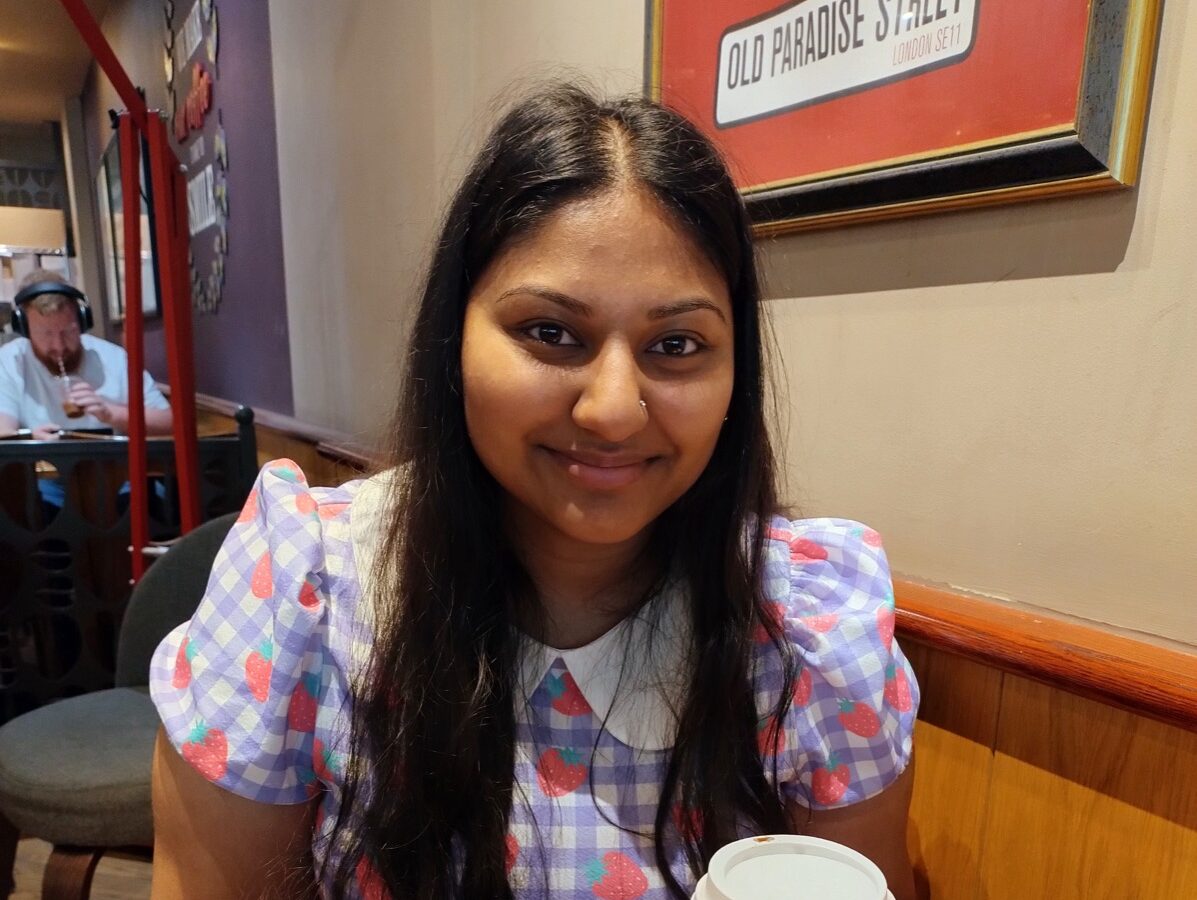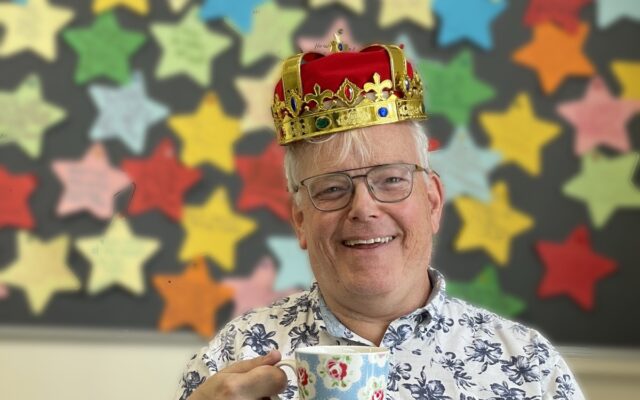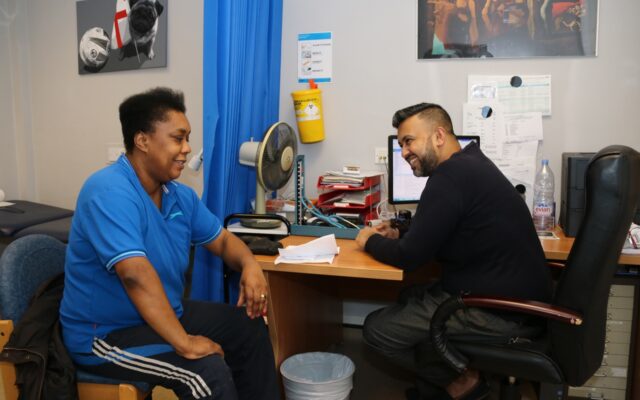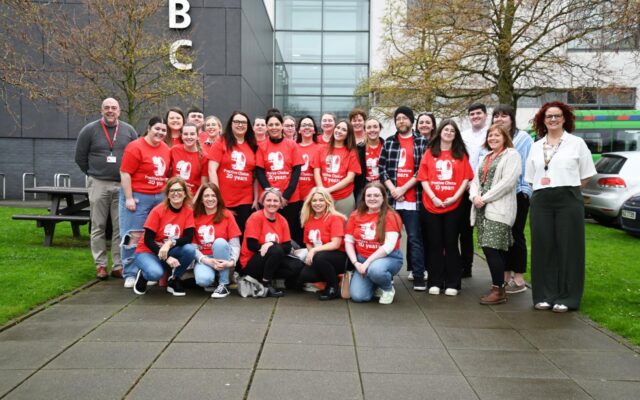I am 24, live in Hampshire and like going to Mencap in Basingstoke and the Friday Network, a group for people with learning disabilities that is linked to local charity Speakeasy Advocacy.
I live independently with my partner Mehdi, who I married in July. I feel complete by marrying my best friend. I moved to Basingstoke in 2022. I felt unsafe where I was living before and needed a new start, so I moved to be with Mehdi.
At home, I like playing board games and watching TV shows like Manifest and the Big Bang Theory, which are both entertaining and funny.
A few months ago, I went to Weymouth with Mehdi. I love the beach, the sand between my toes and the ice cream. It was very beautiful.
I contacted social services after moving because I was in search of an advocate. They said that I was not entitled to one and referred me to independent voice and rights charity VoiceAbility because I was interested in advocacy.
Beginning with a coffee
My self-advocacy story started a year ago after a conversation with Nicki Bishop, a team leader for VoiceAbility’s Speak Out groups (involvement services for people with learning disabilities and autism). I met her for a coffee. She was friendly and easy to talk to.
She explained about the Hampshire Learning Disability Partnership (HDLP), which meets four times a year and is made up of 10 self-advocates, three parent carer representatives, two local care providers and representatives from social care and the local NHS.
It also has working groups, including those that talk about adult social care and health and wellbeing. Nicki explained that most meetings were online but occasionally they met face to face.
Nicki said I would get expenses for getting involved. That felt like I was being rewarded and like I would be getting a job – in the past, I had only done volunteering.
I was interested but couldn’t decide what I wanted to do. I went to a meeting to see what it was like. I picked the adult social care working group because I was interested in that subject and thought that maybe I could help. Everyone was so welcoming and friendly.
I am finding out lots of good things, like how we get involved with adult social services, which provides advice and a contact line for queries. It can be difficult to get the right information; as a working group, we came up with questions around making services better, such as providing information in easy read format.
I go to two adult social care and health and wellbeing working group meetings a month and HDLP meetings four times a year.
Since becoming a self-advocate, I have grown in confidence. I have chaired an adult social care working group meeting. It made me feel I was in charge but also on the spot, like standing up in assembly at school.
I also attended Basingstoke and District Disability Forum’s disability awareness day, which was exciting because it was the launch of the HDLP website.
We also put together a survey to send to family carers and people who have learning disabilities with questions that have come from the working groups. Two questions ask how people feel about the support they get and how easy it is to get help with their health.
The survey is being shared online and in paper format. I want to go into the community and talk to people with learning disabilities about the survey and get answers.
Our plan is to visit day services and community groups. Then, together, we can tell the council what our needs are and how we want to make changes.
We need change and hope for actions. This is what we as a group of self-advocates want to achieve.





